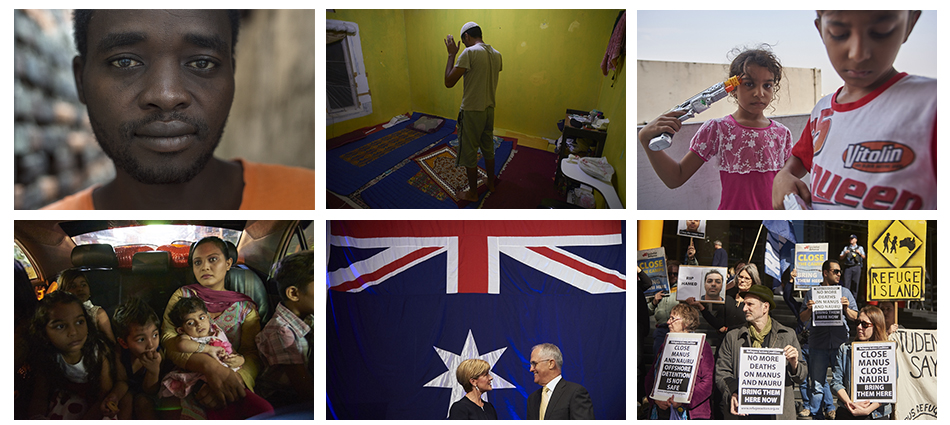Aaron Bunch Journalist with Australian Associated Press | Collection of published work | + 61 484 008 119 | abunch@aap.com.au

Baby talk builds language skills
Scientists have discovered goo-goo and gah-gah are our building blocks to literacy skills and not just the high-pitched mutterings of smitten parents.
August 2, 2017
Goo-goo and gah-gah makes us sound ridiculous, but scientists have figured out baby talk helps our children’s language development.
It happens when we unconsciously shorten our vocal tract to produce the higher pitch in our voice to sound baby-like.
In this effort to connect with and comfort our children, we’re also unconsciously producing speech sounds that are clearer and more easily understood by our babies.
“It’s a very fortunate by-product of what we are naturally doing when we speak to our babies,” Dr Marina Kalashnikova, who led the University of Sydney study, told AAP on Wednesday.
These sounds are essential to our children’s language development.
During the first months of their lives, babies learn to differentiate between the sounds of language by listening to our baby talk.
From these all our literacy skills – our alphabet, comprehension, reading and writing – are built.
“This basis is laid very, very early on in development,” she said.
Babies who don’t hear baby talk can have learning difficulties later in life.
It also turns out our baby talk is appreciated.
“Babies like listening to that type of high-pitched vocalisation that is similar to what they produce themselves,” Dr Kalashnikova said.
And we’re not the only species doing this. Many other larger animals also raise their pitch to sound less threatening to their offspring.
“Human mums are doing exactly the same thing,” she said.
Dr Kalashnikova says the study’s finding will do more than free us from our embarrassment when were caught goo-gooing and gah-gahing – it will further our understanding of the parent and child relationships.
Importantly, it will also assist in situations where parent and offspring interaction isn’t possible or is diminished, like when a mother is suffering post-natal depression.
Dr Kalashnikova said parents should baby talk as much as possible.
“We have a free and easy to use tool within our reach to help our babies to learn language, and that’s our speech,” she said.
“So by interacting with our babies naturally, we can help them with this very difficult task.”
The study will be published in Royal Society Open Science on Wednesday.